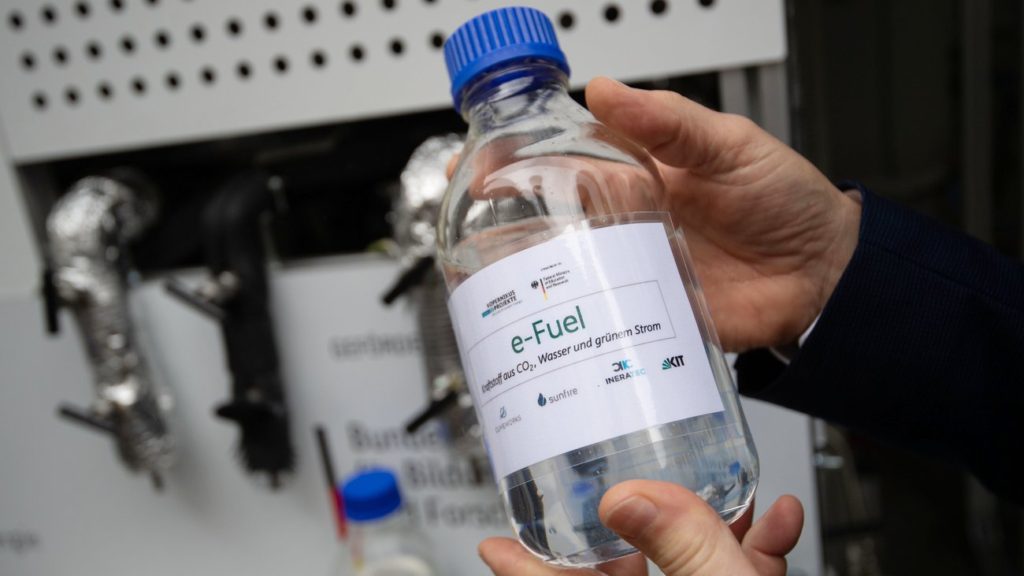RIO DE JANEIRO, BRAZIL – Porsche and Siemens Energy have joined forces with several international companies to build an industrial plant in Punta Arenas, Chile, dedicated to virtually producing virtually CO2-neutral fuel (e-fuel).
The Haru Oni project uses perfect wind conditions in the Magallanes province in southern Chile to produce synthetic fuel using low-cost renewable wind energy. In the first stage, water is split into oxygen and hydrogen by electrolysis using wind power. The CO2 is then filtered out of the air and combined with the hydrogen to produce synthetic methanol, which in turn is converted into e-fuel.

The Chilean company involved in the project, HIF (Highly Innovative Fuels), has already obtained the necessary environmental permits. Siemens Energy has started preliminary work for the next major commercial phase.
“We are very proud of this international reference project for the hydrogen economy together with important partners from the business and political world,” said Armin Schnettler, Executive Vice President of New Energy Business at Siemens Energy.
“With Haru Oni, we are bringing our power-to-X technologies to the global market. We are jointly developing and realizing the world’s first integrated, large-scale commercial plant for producing environmentally neutral synthetic fuels. The project in southern Chile is one of the most exciting projects in the energy industry for the future. With it, we are driving the decarbonization of the mobility sector. This will make a fast and effective contribution to reducing CO2 emissions in the transport sector.”
Porsche is already in the test phase with e-fuels, which it will use in its own combustion-engine vehicles. Michael Steiner, member of the Board of Management of Porsche AG as Head of Research and Development, commented: “Porsche has had a pioneering spirit from the very beginning. This is what motivates us and drives us forward through innovation. We also see ourselves as pioneers for renewable fuels and therefore want to drive their development. This fits in with our overall sustainability strategy, which will enable us to be CO2-neutral from 2030. Fuels produced with renewable energy can contribute to that goal.”
He added: “Our icon, the 911, is particularly well suited for the use of e-fuels. And so are our beloved historic vehicles because approximately 70 percent of the Porsche vehicles built to date are still on the road. Renewable fuels, the first tests of which are proving highly successful, will make it possible to reduce CO2 emissions in combustion engines by up to 90 percent. Among other things, we will be using the first fuel from Chile in our Porsche Mobil 1 Supercup racing cars from 2022.”
Chile has set ambitious targets under its National Green Hydrogen Strategy. It envisions an electrolyzer capacity of 5 gigawatts (GW) by 2025, rising to 25 GW by 2030. The goal is to produce the world’s cheapest hydrogen and make the country a leading exporter of green hydrogen and its derivatives.
In addition to Siemens Energy, Porsche, and HIF, Enel, ExxonMobil, Gasco, and ENAP are also part of the Haru Oni project.

